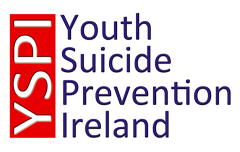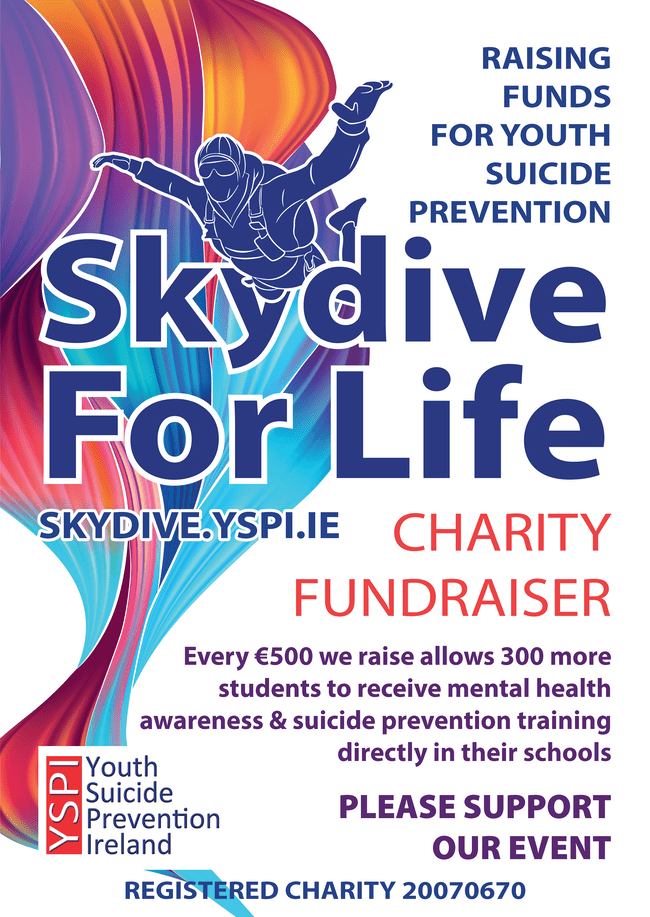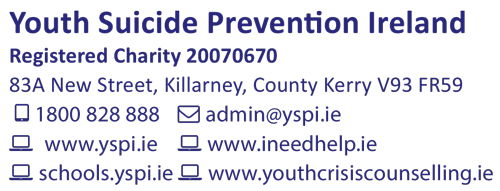Introduction
Most of us already know that it is important to look after our physical health, as this helps to prevent us from becoming ill or developing health problems later in life. What can be less obvious is the importance of taking care of our mental health.
Many adults will experience a period when their mental health takes a dip, but teenagers are also at risk of experiencing mental health difficulties. Feeling positive about yourself, having good levels of self-esteem, coping with life’s ups and downs and being able to live life the way you want to are all important parts of your mental health.

Youth Suicide Prevention Ireland has provided free education and training services to schools and colleges in Ireland for many years. As a charity, we offer advice and support to young people with mental health concerns. We also work hard to raise awareness of mental health issues that affect adolescents.
In the last two years, the Covid-19 pandemic has greatly affected the mental health of many teenagers. Strict social isolation and restrictions, personal health anxiety, fear regarding the risk to vulnerable family members, and bereavements may all have left you feeling down or distressed.
Whether you or a friend are experiencing anxiety, depression, stress, or even think you are in crisis, there are steps you can take and places you can turn to for help. In this booklet, we will cover everything you need to know about the mental health conditions that commonly affect teenagers. We will also provide tips on what you can do to help yourself, and who to approach if you need help.
Our mental health can fluctuate from day to day, and there will be some periods when we feel happier than others. Occasionally, our mental health can become significantly worse. A mental health crisis can be a very scary experience that makes you feel like you have hit rock bottom. In this situation, understanding what is happening and knowing that you must request assistance from a mental health team or the emergency services is vital. Recognising the warning signs of a mental health crisis may mean that you can seek help as early as possible.




































































